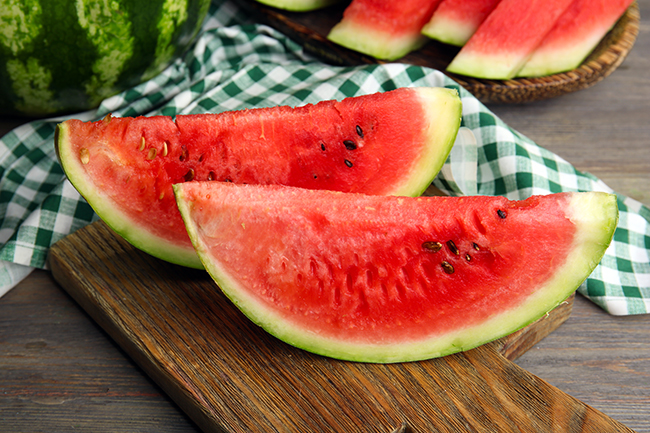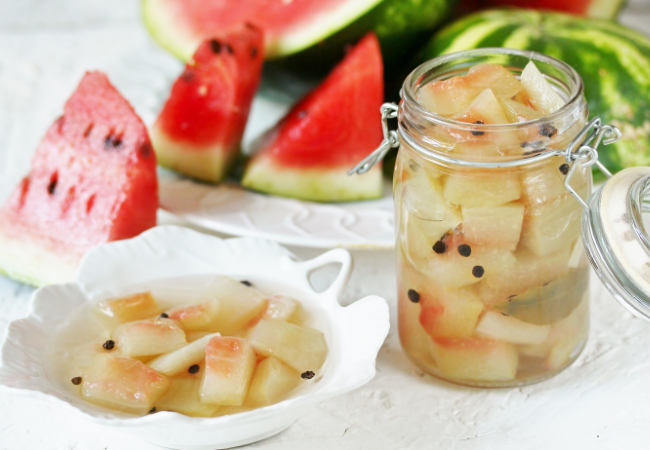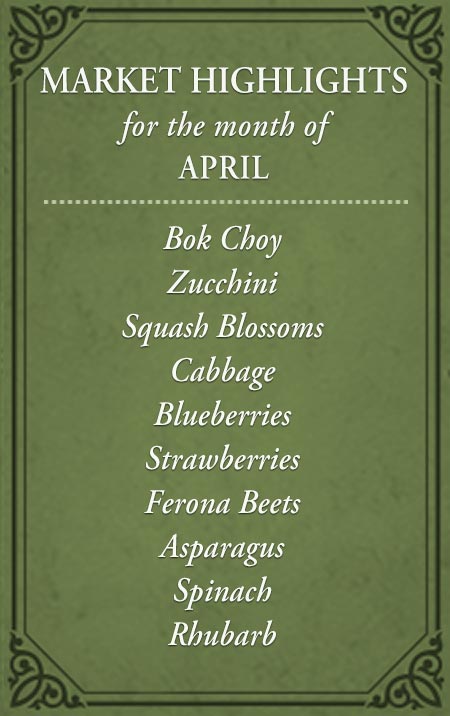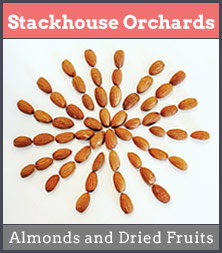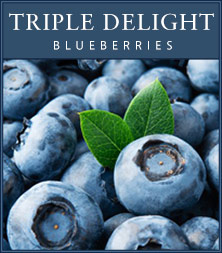Few things capture the taste of summer like biting into a slice of juicy, chilled watermelon. With its vibrant red flesh and refreshing sweetness, this fruit is more than just a picnic favorite—it’s a powerhouse of hydration, nutrients, and health benefits that make it a smart choice all season long.
Living up to its name, watermelon is about 90% water, making it one of the most hydrating foods you can eat. On scorching days, it helps keep you cool, refreshed, and energized. Proper hydration not only boosts skin health but also supports every system in the body, from digestion to circulation. Despite being low in calories, watermelon is brimming with essential nutrients. It’s a fantastic source of vitamins A and C, both key players in supporting a strong immune system, bright vision, and glowing skin. Potassium and magnesium add to its benefits, helping to regulate blood pressure and keep your heart strong.
That ruby-red flesh gets its color from lycopene, a powerful antioxidant also found in tomatoes. Along with vitamin C, lycopene helps protect the body from oxidative stress, reducing the risk of chronic illnesses and promoting overall wellness.
Many Health Benefits
Watermelon isn’t just a summer indulgence—it’s a nutrient-packed, hydrating superfruit with benefits that stretch far beyond refreshment. High water content paired with natural fiber makes watermelon a gentle aid for digestion, keeping things moving and preventing constipation. It also contains citrulline, an amino acid linked to improved blood flow and reduced muscle soreness—making it an ideal snack after a workout.
The trio of potassium, magnesium, and antioxidants makes watermelon a friend to your cardiovascular system. Regularly enjoying this fruit may help lower blood pressure and support long-term heart health.
Low in calories yet surprisingly filling, watermelon is perfect for those looking to manage their weight. It satisfies sweet cravings without tipping the calorie scale.
How to Pick the Perfect Watermelon
When choosing a watermelon, look for these signs of ripeness:
- Field spot: A creamy yellow patch on the underside shows where it rested on the ground and ripened in the sun.
- Sound test: Tap it—it should have a deep, hollow sound.
- Uniform shape: Whether round or oval, it should feel heavy for its size with no soft spots or dents.
Storing Watermelon
Whole watermelons can be kept at room temperature for about a week, but once cut, store slices in the refrigerator. Wrap or cover them tightly to preserve freshness and prevent the fruit from absorbing other food odors. Cut watermelon will stay fresh for about 3–4 days. For a refreshing treat, cubes can also be frozen and blended into smoothies or cocktails.
Delicious Ways to Enjoy It
Watermelon is endlessly versatile. Slice it up for a snack, toss it into a colorful fruit salad, blend it into a cooling smoothie, or try grilling it for a smoky-sweet twist. However you serve it, choose ripe watermelons for peak sweetness and maximum nutrition.
RECIPES: Here are some of our favorite watermelon recipes.


